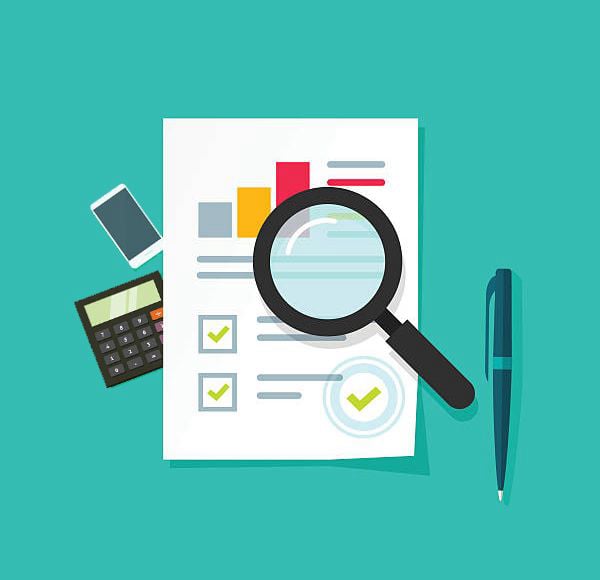
About us
Welcome to Budgeting Blueprint, a dedicated resource for individuals seeking a structured and practical approach to managing their finances. Our blog focuses on essential topics like budget planning, expense management, and expense reporting, providing clear guidance to help you take control of your financial life.
We believe that smart money habits start with awareness and discipline. Whether you're looking to streamline your spending, track expenses efficiently, or create a sustainable budget, our articles offer actionable insights—without unnecessary complexity or commercial bias.
This is a non-commercial space, free from promotions, investment advice, or paid endorsements. Our goal is simple: to share reliable, straightforward strategies that make personal finance easier for everyone.
Explore our content, apply what resonates with you, and build a stronger financial foundation—one step at a time.



